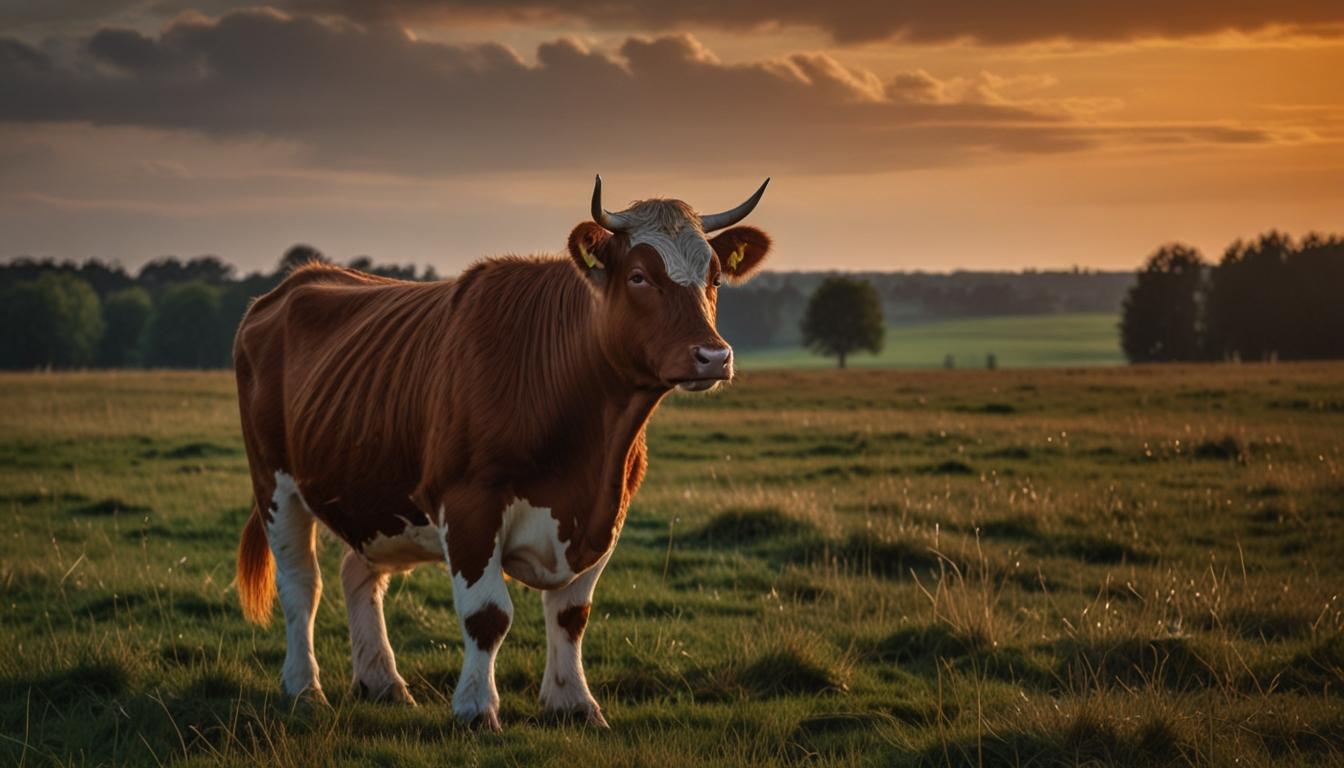The Danish government has introduced a new tax on livestock emissions, starting in 2030, aimed at reducing methane emissions from cows and pigs. This decision, following extensive negotiations, includes phased tax rates and aims to cut emissions by 1.8 million tonnes in the first year, supporting Denmark’s emission reduction goals.
The Danish government has announced a new tax on livestock emissions starting in 2030. Danish cattle farmers will pay nearly €100 per cow per year, aimed at reducing methane emissions produced by livestock, particularly cows and pigs. This decision follows extensive negotiations involving trade bodies, environmental groups, and the government.
The initial tax rate will be 120 Danish krone (€16) per tonne of CO2 equivalent (CO2e) emissions from livestock, set to increase to 300 krone (€40) per tonne by 2035. The Danish parliament is expected to vote on this legislation later this year, featuring a phased introduction with a 60% tax deduction for the first two years.
The average Danish cow emits about six tonnes of CO2e annually, translating to a charge of approximately DKr720 (€96.50) at the initial tax rate. The Danish government estimates that the new tax will cut emissions by 1.8 million tonnes in its first year, aiding the nation’s goal of a 70% emission reduction by 2030.
The tax has faced criticism, notably from the farmers group Bæredygtigt Landbrug, which was excluded from the negotiations. The Danish Agriculture and Food Council expressed mixed reactions, acknowledging the difficulty of the negotiations but also noting the tax’s potential benefits for adopting sustainable farming practices.
Additionally, Denmark will allocate €5.3 billion to reforest 250,000 hectares by 2045 and reserve 140,000 hectares of lowland by 2030. A new DKK 40 billion fund will support initiatives like rewilding and reducing nitrogen emissions.
Prime Minister Mette Frederiksen and Climate Minister Lars Aagaard expressed optimism about the measure’s potential to influence other countries. With livestock accounting for a significant portion of human-caused methane emissions, Denmark aims to take a substantial step towards climate neutrality by 2045.













